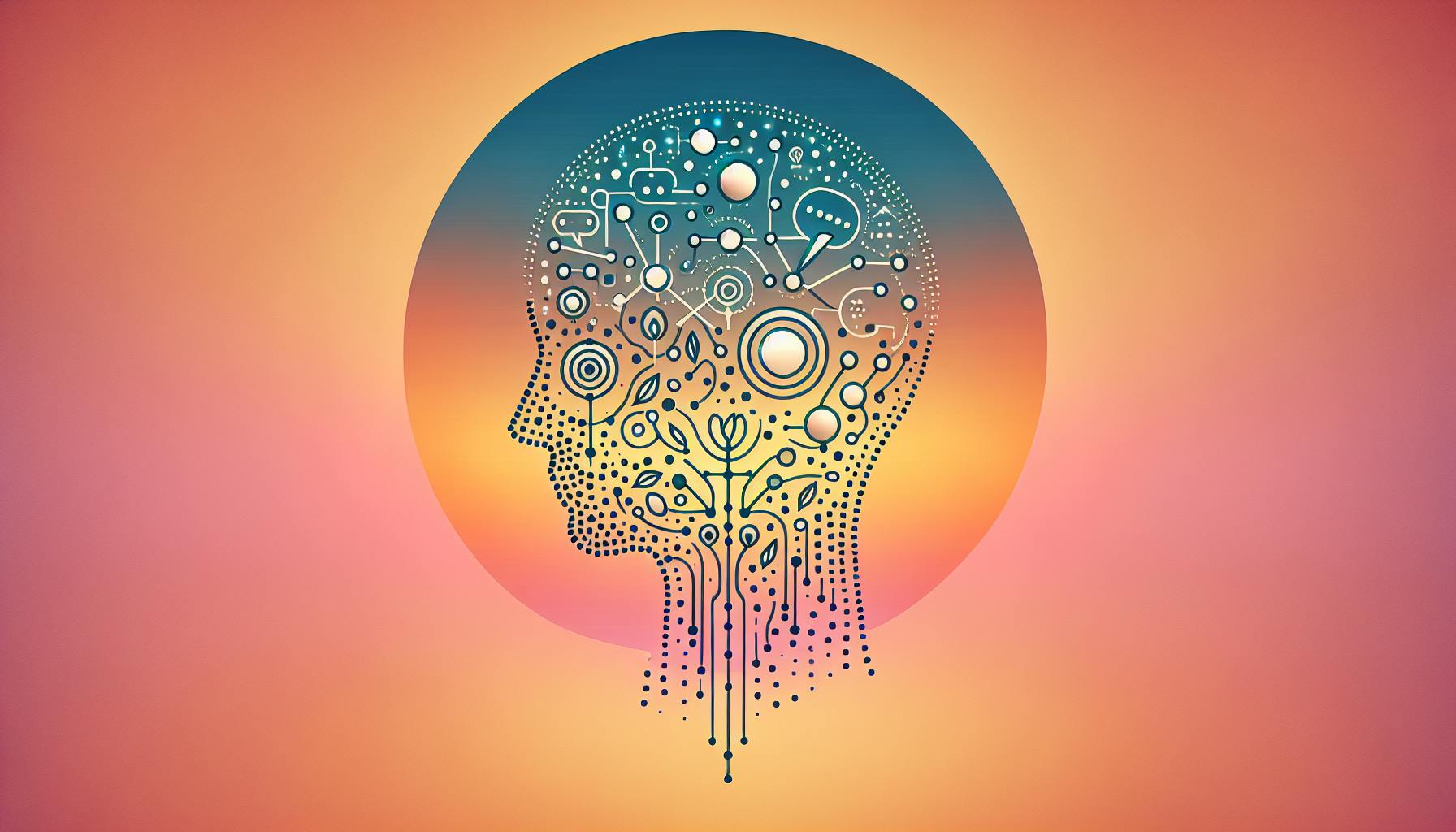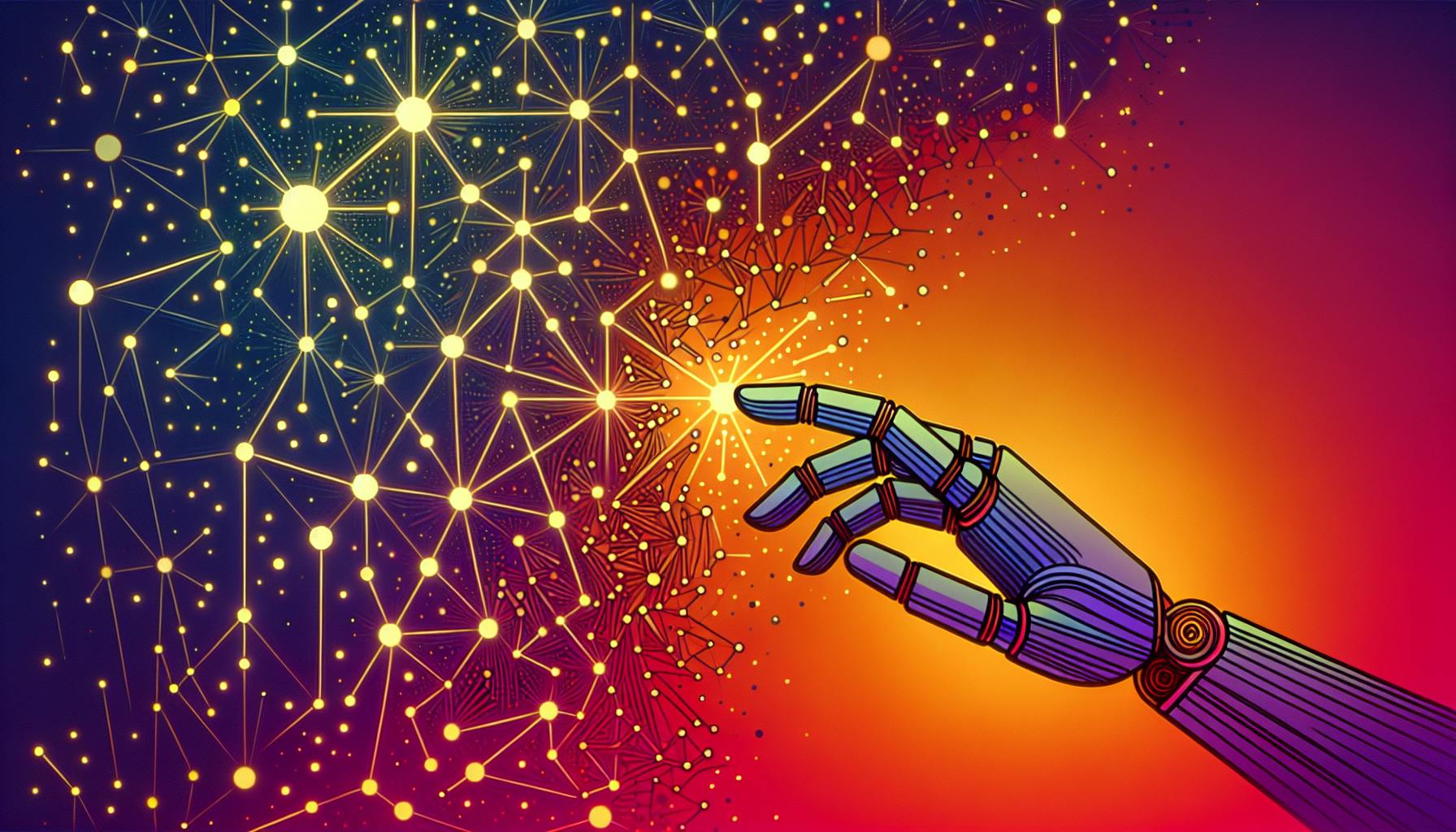Introduction: The Power of ChatGPT for Customer Support
ChatGPT is an AI chatbot developed by OpenAI that uses natural language processing to have human-like conversations. With its advanced conversational capabilities, ChatGPT is poised to revolutionize customer support by providing 24/7 availability, instant and personalized responses, and reduced wait times. This article will explore diverse real-world use cases that showcase ChatGPT's immense potential for enhancing customer service across industries like healthcare, e-commerce, finance, and more.
First, let's briefly examine what makes ChatGPT such a game-changer for customer support. ChatGPT utilizes conversational AI to understand natural language requests and respond with human-like answers on virtually any topic. It is pre-trained on massive datasets, allowing it to have nuanced discussions spanning a wide range of subjects. For customer support, this enables ChatGPT to provide instantaneous responses tailored to each customer's unique situation and questions.
Compared to traditional customer service with limited hours, simple FAQs, and long hold times, ChatGPT offers convenience, personalization, and speed. By automating repetitive inquiries and providing thoughtful guidance for complex issues, ChatGPT can significantly improve customer satisfaction while reducing human workloads.
This article will highlight key use cases that demonstrate ChatGPT’s versatility as a customer support tool. From personalized troubleshooting to intelligent upselling, these examples showcase the profound impact conversational AI can have for both customers and businesses.
Defining Conversational AI and ChatGPT
Conversational artificial intelligence (AI) refers to advanced computer systems that can simulate natural human conversations using text or voice. Unlike traditional rigid chatbots, conversational AI like ChatGPT has contextual awareness, natural language processing, and machine learning capabilities enabling nuanced, personable interactions.
ChatGPT specifically is a conversational AI system developed by OpenAI using a machine learning technique called Transformer. It is pre-trained on massive amounts of conversational data from books, websites, and other sources. This allows ChatGPT to have discussions spanning different topics, maintain context throughout a conversation, and generate human-like responses.
Key capabilities that make ChatGPT well-suited for customer service include:
- Natural language processing to understand text requests
- Contextual awareness to follow the thread of a conversation
- Advanced language generation to provide thoughtful, tailored responses
- Ability to comprehend and explain complex concepts
- Versatility to handle inquiries across diverse domains
With these AI conversational skills, ChatGPT can provide the kind of personalized, conversational customer support humans excel at, but at tremendous scale.
The Limitations of Traditional Customer Support
While traditional customer service channels like phone, email, and FAQ databases have their place, they have inherent limitations that ChatGPT can help overcome:
- Limited service hours and long wait times frustrate customers needing immediate assistance.
- FAQs provide generic answers but fail to address complex or personalized issues.
- When passed between different agents, context is lost.
- Customers demand 24/7 instant resolution, not delays.
Additionally, services that rely solely on rigid chatbots or scripts fall short of providing the nuanced, customized support customers expect now. This is where AI like ChatGPT shines - by combining human-like conversational abilities with unlimited availability.
Next, we'll explore some impactful ways enterprises are applying ChatGPT's capabilities to transform customer experiences.
Key Use Cases Showcasing ChatGPT for Customer Support
Let's look at some of the most promising customer service use cases where conversational AI can have a big impact:
24/7 Instant Answers to Common Questions
ChatGPT excels at providing an always-available intelligent FAQ or chatbot that gives instant responses to common repetitive questions, freeing up human agents for more complex interactions. Customers get quick, personalized support anytime without waiting.
Personalized Troubleshooting and Issue Resolution
With its conversational abilities, ChatGPT can walk customers through fixing account, technical, or other issues by asking clarifying questions and providing tailored solutions for their specific situation. This reduces frustration and escalations.
Conversational Upselling and Cross-selling
In a natural way, ChatGPT can recommend relevant products or services matching each customer's needs, acting as an automated sales assistant. This boosts satisfaction by providing helpful suggestions instead of pushy pitches.
Now, let's explore each of these high-impact use cases more in depth...
24/7 Instant Answers to Common Questions
One of the clearest customer service use cases for ChatGPT is providing an intelligent FAQ or chatbot that gives instant 24/7 responses to common, repetitive inquiries. Questions like store hours, shipping times, account support, returns, and more can quickly frustrate customers if they have to wait on hold or search through outdated FAQ lists.
With ChatGPT, an always-available bot trained on a company's knowledge base and documentation can immediately answer these repetitive questions with personalized, helpful information.
For example, when asked about return policies, the bot can blend general policy details with specifics like locations to process returns or how credits are applied. This provides a fast, frictionless customer experience while reducing the volume of basic inquiries handled by human agents.
In one case study, deploying a ChatGPT virtual assistant for customer support reduced average handle times by 30% and improved customer satisfaction (CSAT) scores by over 15%.
The result is quick access to answers and lower wait times for customers, and less mundane work for agents to slog through. This showcases how ChatGPT makes 24/7 personalized support feasible by automating common requests.
Personalized Troubleshooting and Issue Resolution
ChatGPT also shines when it comes to resolving more complex customer issues like account, technical, or order problems. Its conversational abilities allow it to go back and forth with customers to understand their specific situation and walk them through tailored solutions.
For instance, if a customer has login issues, ChatGPT can ask clarifying questions like:
- Are you entering the correct email address associated with your account?
- When you try to login, what exact error message do you see?
- Have you recently changed your password or reset it?
Using those details, ChatGPT can provide customized troubleshooting steps to resolve their problem, such as guiding them through the password reset flow or suggesting they check their email address spelling.
For other complex issues like canceled orders or delivery failures, ChatGPT can leverage order details and policies to provide thoughtful recommendations and issue resolution. The AI assistant acts like a personalized advisor rather than just a robotic database of responses.
Intelligently guiding customers based on their unique situation reduces frustration and repeat contacts. Customers feel immediately heard and supported. This results in faster issue resolution and fewer cases needing human agent intervention, improving efficiency.
Conversational Upselling and Cross-selling
In addition to customer support, ChatGPT can serve as an automated sales assistant that makes personalized product recommendations and politely upsells customers.
By understanding context and each customer's specific needs, ChatGPT can suggest relevant upgrades, accessories, or complementary products in a conversational way rather than throwing out random promotions.
For example, if a customer purchases a digital camera from an electronics retailer, ChatGPT can mention extra batteries or lens filters that may be useful add-ons for their model. Or if a customer streams movies on an entertainment platform, it can converse about the benefits of upgrading to a premium channel package based on their watching preferences.
The key is providing tailored suggestions in a helpful way instead of pushy upselling. This leaves customers feeling their needs are understood and satisfied rather than pressured. The human-like dialogue makes recommendations feel like friendly advice rather than sales pitches.
Assisting customers in finding products they genuinely need improves satisfaction while increasing order values and conversion rates. ChatGPT enables scalable conversational commerce integrated directly into customer engagements.
Implementation Tips and Best Practices
When deploying ChatGPT for customer service, here are some tips to get the most value:
Choose Specific Use Cases to Pilot
Start with 1 or 2 focused use cases like FAQs or technical support rather than tackling everything at once. Identify where ChatGPT can have the biggest impact.
Supplement Training with In-Domain Data
Customize ChatGPT's knowledge by providing customer service logs, product docs, help articles, and other relevant data for more accurate responses tailored to your business.
Implement Responsibly and Ethically
Have human oversight and auditing to ensure responsible AI. Be transparent about ChatGPT usage and allow opt outs. Prioritize security, privacy, and customer-centric policies.
Start with Focused Pilot Deployments
When first implementing ChatGPT for customer service, it is best to start with a limited pilot focused on one or two high impact use cases before expanding its role. This allows you to refine the integration, maximize value, and minimize risk.
For example, an e-commerce site could begin by deploying ChatGPT to handle common FAQs like shipping, returns, and account support. Alternatively, a software company may want to start by providing personalized troubleshooting for installation problems.
Choose use cases that solve high priority issues like reducing repetitive contacts or long handle times. Clearly define the pilot's goals and key metrics like query response accuracy, escalations avoided, or human hours saved.
Gather insights from the initial deployment and make adjustments before scaling ChatGPT to additional customer service applications. With a thoughtful pilot, you can maximize benefits while learning best practices that ensure an effective wide-scale implementation.
Prioritize Responsible and Ethical AI
While AI promises immense benefits, it also carries risks if deployed irresponsibly. That's why it's critical to implement ChatGPT ethically with appropriate safeguards.
Be transparent that customers are interacting with an AI assistant and provide opt-out access to human agents. Perform ongoing audits to assess ChatGPT's accuracy and mitigate harmful bias risks.
Have human oversight procedures and well-defined security policies in place. Uphold sound data privacy practices and consider potential impacts on human jobs.
Making responsible AI a priority will build customer trust while maximizing helpful outcomes from using this powerful technology.
Conclusion and Key Takeaways
The examples and tips covered illustrate how ChatGPT can revolutionize customer experiences through 24/7 availability, instant and personalized support, intelligent recommendations, and automated issue resolution.
Key takeaways include:
- ChatGPT handles high-volume basic inquiries to reduce wait times
- Conversational capabilities enable personalized troubleshooting and solutions
- Natural recommendations drive higher customer satisfaction and sales
- Start with focused pilot deployments and provide custom training
- Implement ChatGPT responsibly and transparently
With all its capabilities, ChatGPT is poised to transform customer service operations across industries. Its human-like conversational understanding opens the door for customized, instant support 24/7. By deploying ChatGPT thoughtfully, companies can enhance customer experiences while optimizing human work. Conversational AI marks a new era for customer support.


